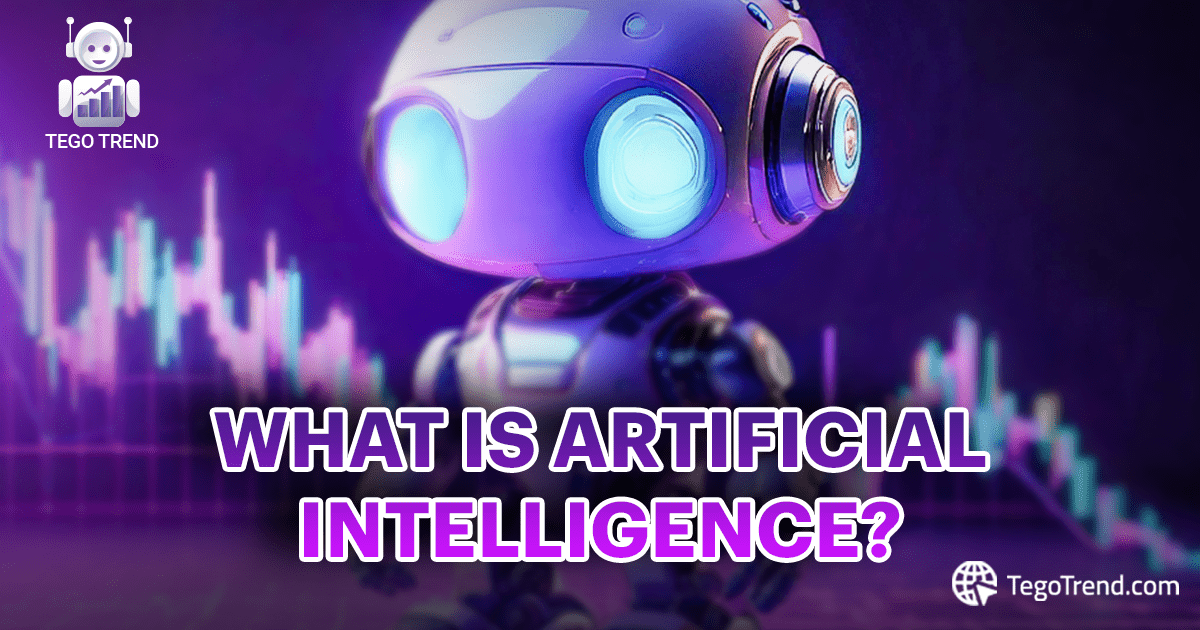What is Artificial Intelligence?
Artificial Intelligence, or AI, is a branch of computer science aimed at developing programs and machines capable of performing tasks that typically require human intelligence. These tasks include learning from data, recognizing patterns, making decisions, and even understanding languages. In simple terms, artificial intelligence is about teaching machines how to think and act like humans—sometimes even better.
Fields of Artificial Intelligence
Artificial intelligence is divided into several main fields, including:
Machine Learning: This is a branch of artificial intelligence that focuses on developing algorithms and systems that can learn from data and adapt to new conditions. This includes techniques such as supervised learning and unsupervised learning.
Artificial Neural Networks: These systems are used to mimic the way the human brain works and are fundamental in the development of applications like computer vision and natural language processing.
Natural Language Processing: This aims to enable machines to understand human language and interact with it in a natural way. This includes machine translation, sentiment analysis, and content generation.
Robotics: This field is part of artificial intelligence that deals with the design and development of robots that can perform multiple tasks independently.
Expert Systems: These are systems that rely on knowledge-based rules to provide solutions and advice in specific fields, such as medicine or finance.
Artificial Intelligence in Algo Trading
In the field of Algo trading, artificial intelligence is used to analyze vast amounts of market data, discover patterns, and make Algo trading decisions. This technology outperforms traditional algorithms that rely on pre-defined rules, as it is capable of learning and adapting to new data, giving it power and flexibility in a changing and fast-paced market.
The Role of Artificial Intelligence in Algo Trading
Data Analysis: One of the key features of artificial intelligence is its ability to analyze vast amounts of data with precision and speed. It can identify complex patterns and correlations that are difficult to detect through human analysis or traditional algorithms. For example, AI can analyze user sentiments on social media, news, and economic indicators simultaneously to predict market trends and make instant trading decisions.
Learning and Adaptation: One of the greatest advantages of artificial intelligence is its ability to learn and adapt over time. Machine learning models continuously improve their strategies based on new data, leading to enhanced performance and accuracy without the need for manual intervention. This means that AI-supported trading strategies remain effective even as market conditions change.
Risk Management: AI also contributes to improved risk management by analyzing historical data and identifying potential risks before they impact the portfolio. It can adjust strategies in real-time to mitigate those risks, protecting your investments. For instance, AI can automatically adjust trade sizes, set stop-loss and take-profit levels, and even halt trading if dangerous conditions are detected.
Speed and Efficiency: AI algorithms are characterized by their ability to execute trades at lightning speed, allowing them to capitalize on market opportunities that may be missed by others. This speed is a critical factor in high-frequency trading, where a matter of seconds can determine profit or loss.
Challenges of Artificial Intelligence
Despite the numerous benefits of artificial intelligence in trading, there are challenges that cannot be overlooked.
Data Quality: The strength of AI models relies on the quality of the data they learn from. It is essential to ensure that the data used is of high quality and relevant to the target market to guarantee the success of the strategies.
Complexity and Cost: Implementing AI in trading requires a significant investment in technology and human resources to manage the application process and ongoing monitoring. This is not an easy task and requires regular adjustments.
Overfitting: Like any other algorithm, AI models can fall into the trap of overfitting, making them perform well on historical data but fail in the actual market. It is crucial to regularly test and validate the models to avoid this issue.
The Importance of Artificial Intelligence in Trading
Artificial intelligence is bringing about a radical change in the trading landscape, providing tools capable of significantly enhancing strategies and performance. Whether you are looking to improve accuracy, manage risks, or simply keep pace with the speed of the market, AI offers powerful advantages. With ongoing advancements in this field, it is expected that various applications of AI will continue to expand in the coming years, leading to significant transformations in how investors and financial institutions trade in the markets.
Using Artificial Intelligence in Financial Forecasting
Forecasting financial events is one of the most common applications of artificial intelligence. Machine learning algorithms are used to analyze historical patterns in financial data and predict future events. For example, systems can analyze past financial data, such as stock prices, economic data, and geopolitical events, to determine how they might impact financial markets in the future.
Applications of Artificial Intelligence in Financial Markets
High-Frequency Trading: These strategies rely on executing trades at lightning speed using AI-powered algorithms, which increases profit opportunities. Technical and Fundamental Analysis: AI can automatically conduct technical analyses using current and historical market data, helping investors make informed decisions. Investment Strategies: AI can be used to develop customized investment strategies based on data analysis and the investor's personal criteria. The Future of AI in Trading As technology continues to evolve, the capabilities of AI in Algo trading are expected to increase. There will be a greater focus on improving data quality, developing more efficient algorithms, and expanding various applications. Ultimately, AI is considered a powerful tool that can help investors achieve higher profits and reduce risks in financial markets. With the growing reliance on technology, it will be important for investors to learn how to integrate these tools into their strategies for sustainable success.
For more details on how to use AI in trading, watch the video from here.


